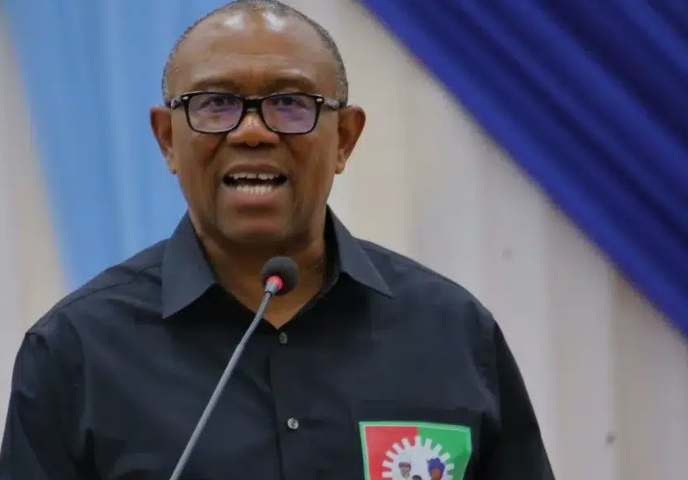Super Falcons, Nigeria’s female football team and 11 other teams from other countries will from tomorrow July 2, begin the hunt for the Women’s World Cup places when the CAF Women’s Africa Cup of Nations, begins in Morocco. The top four finishers will be guaranteed places at the 2023 finals in Australia and New Zealand.
Shortly after the opening ceremony, Nigeria and South Africa will rekindle their rivalry when they clash in an early group game in Rabat on Monday that could be an indicator as to the outcome of the tournament. Nigeria had dominated at this level before now but the South African female team seem to have come of age judging by the outcome of the last meeting between the two teams in Abuja, Nigeria.
Super Falcons and Barcelona Femeni forward, Asisat Oshoala, admits that the South Africans will not be a walk in the park for the Nigerians who are seeking their 10th continental title in Morocco. She said, “They (South Africa) are a very strong team, and a very competitive one as well.”
She however insisted that the Falcons are not solely plotting their game plans against the Banyana Banyana of South Africa but against all the teams that they will come across in the tournament. Again, she said, “I don’t think the focus must only be on that match (South Africa). There are other teams to also worry about.”
Nigeria defeated South Africa on penalties in the final of the last Women’s Africa Cup of Nations in Ghana in 2018. The 2020 edition was cancelled because of the COVID-19 pandemic but South Africa last September beat Nigeria 4-2 away in the Aisha Buhari Invitational Tournament in Lagos.
“The first thing we must do is to avoid conceding because we’re always going to create chances,” said South Africa coach, Desiree Ellis, of their Group C opener on Monday.
“It’s going to be a very tight battle. Last September’s game showed we have quality but we’ve been lacking the consistency and Nigeria have always had that consistency,” she added.
Africa previously had three places at the 2019 Women’s World Cup in France, but with the field for the 2023 tournament expanded to 32 teams, there are now four automatic berths for the continent and the chance of two more places via a proposed 10-team playoff tournament.
The four semi-finalists at the Women’s Africa Cup of Nations will qualify for the World Cup and there will be playoff matches to determine places five and six, with those two teams taking part in the World Cup qualifying playoff tournament. The African championship, being hosted in Casablanca and Rabat, and will runs through to July 23, is itself expanded to 12 teams, with Nigeria’s dominant position in the women’s game on the continent under threat.
They have won 11 of the previous 13 African women’s titles and been to all eight previous World Cups, but they will face a stiff challenge from the likes of Cameroon, South Africa and Zambia this year. The 12 teams in Morocco are divided into three groups of four. The top two in each group plus two best third-placed finishers advance to the knockout stages.





